Back to work: the UK’s plan for life after coronavirus
Proposals include staggered working hours, half-empty offices and socially distanced Tube trains
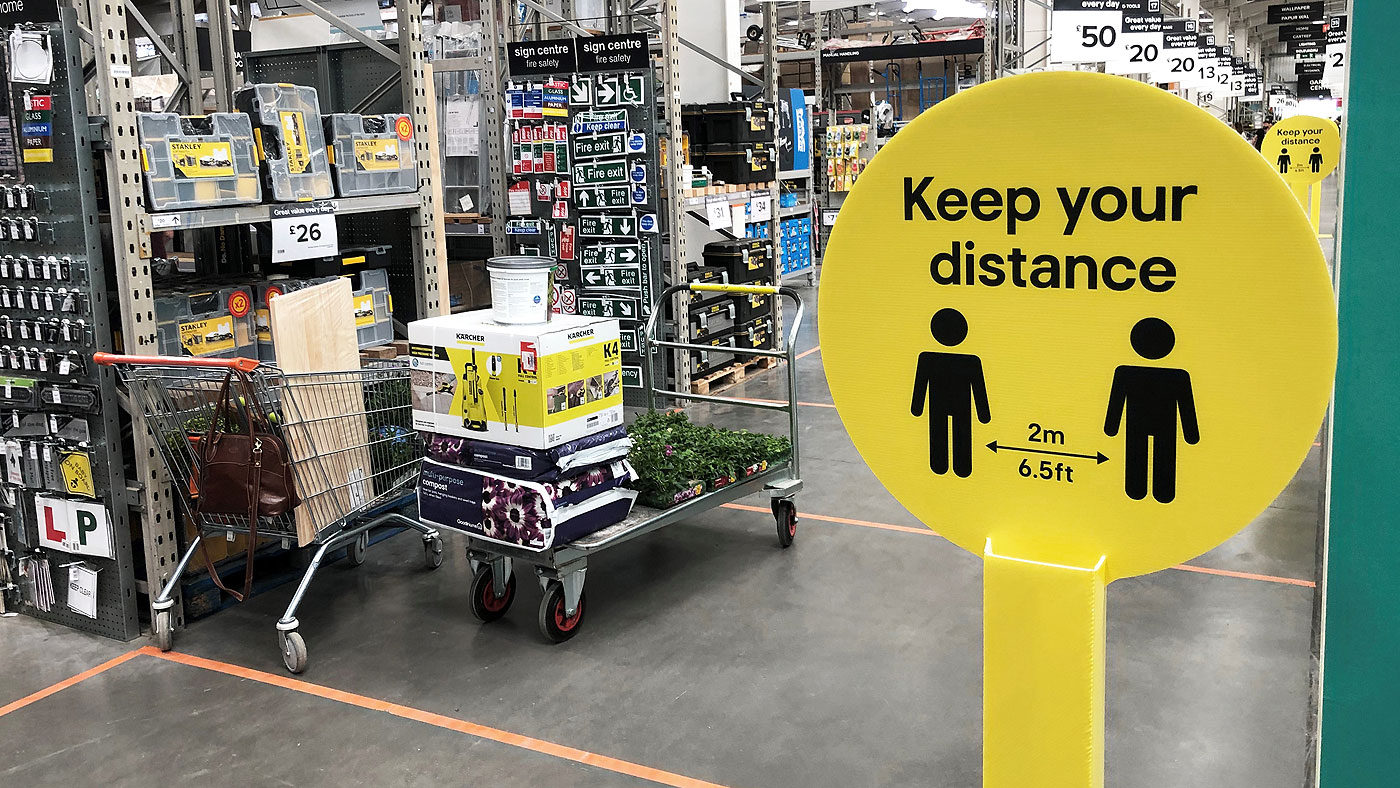
A free daily email with the biggest news stories of the day – and the best features from TheWeek.com
You are now subscribed
Your newsletter sign-up was successful
Britain will begin a gradual return to work at the end of this month, according to leaked government documents - but life after lockdown is likely to be a strange and unfamiliar experience.
“The nine-to-five work day will end for the foreseeable future,” as commuters are advised to stagger their journeys, says The Telegraph. Markings will be painted at bus stops, on railway platforms and in lifts to encourage social distancing, and plastic screens will divide people from their colleagues in offices.
The new guidance - set out in seven documents drawn up by Cabinet Office Minister Michael Gove and Business Secretary Alok Sharma - is likely to take effect from 26 May. Schools may begin a phased reopening in early June, allowing more parents to return to work.
The Week
Escape your echo chamber. Get the facts behind the news, plus analysis from multiple perspectives.

Sign up for The Week's Free Newsletters
From our morning news briefing to a weekly Good News Newsletter, get the best of The Week delivered directly to your inbox.
From our morning news briefing to a weekly Good News Newsletter, get the best of The Week delivered directly to your inbox.
The new rules “could stay in place for six to 12 months”, says the Daily Mail, “dashing hopes of a swift return to normal life”. According to The Sun, Brits can look forward to a “gradual winding down” of the restrictions in spring 2021.
Transport
Getting to and from work will present challenges, particularly for people who depend on public transport. The government guidance say that to reduce pressure on the network, “companies should provide more parking spaces and install bigger bike racks”, reports The Telegraph.
Hand sanitiser will be provided in Tube and train carriages, and passengers will be encouraged to maintain as much space as possible from each other - although that could prove tricky in London. Central Line capacity “would have to be cut by a staggering 85%”, says The Sun.
A free daily email with the biggest news stories of the day – and the best features from TheWeek.com
A new report by the Institute for Fiscal Studies warns that “peak fares might have to be increased to try to reduce overcrowding in the rush hour”, reports the Mail. The independent think tank is calling for ministers to offer a carrot as well as a stick, by introducing subsidies and tax breaks for home workers.
Meanwhile, people who drive for a living such as couriers should not have to share vehicles with other people, according to the government guidance. If two or more workers are in the same vehicle, they should sit as far apart as possible and keep windows open to improve circulation.
However, the rules relating to taxis are “vague” and limited to advice such as making payment contactless, says The Telegraph.
Masks
Advice about face coverings is also “notably absent”, The Telegraph reports, but The Sun says ministers have “confirmed that the government has started stockpiling face masks for public use”.
The goal is to introduce broader protection “in a way that did not have an impact on the NHS’s requirement for clinical-level equipment”, according to the Financial Times. The US Centers for Disease Control has recently advised all Americans to wear cloth face coverings - though not necessarily medical masks - whenever they leave home.
Offices and factories
Desks will have to be positioned at least two metres apart and will be regularly disinfected to minimise the risk of transmission. In addition, “plastic screens might have to be installed” between workers, says the Mail.
The changes to office life will be extensive: “lifts should only be used half-empty, hot-desking abolished and workers should not share equipment including pens and staplers,” says The Telegraph. Face-to-face meetings will also be discouraged.
Outdoor workers will face fewer restrictions but will have to stay two metres apart as well. In factories, equipment will be regularly disinfected and staff will be encouraged to take their breaks outside - but discouraged from leaving the site during the working day.
The new guidance does not apply to anyone considered “extremely vulnerable” - a category that includes people with certain health conditions - who must still stay at home.
Shops, restaurants and hotels
Under the guidance, “shops should stop taking cash” and should consider introducing “Ikea-style one-way flow systems”, says The Telegraph. Retailers are also advised to install plastic screens to protect checkout staff, and to implement one-in, one-out policies to avoid crowding.
Bars and restaurants will remain closed, except for takeaways, but hotels will be allowed to open. Food will be limited to room service or “grab bags” collected from the lobby.
Phasing out government funding
Companies “will have to start preparing to wean themselves off” state support, reports ITV News, after Chancellor Rishi Sunak said the government could not afford to keep paying the wages of workers who would otherwise be laid off.
But Sunak also promised there would be “no cliff-edge to the furlough scheme”. He has previously talked of phasing out the coronavirus Job Retention Scheme (JRS) to encourage companies to take furloughed workers back.
The Chartered Institute of Personnel and Development last week warned that the programme could end up being “a waiting room for unemployment” if removed too hastily.
Track and trace
In a move intended to support the return to work, Health Secretary Matt Hancock has said that the NHS contact-tracing app should be ready for general use within three weeks - that is, before the expected lifting of the lockdown.
“Officials say that the more people who use it, the more lockdown rules can be eased, because the technology will allow Britain to ‘get ahead of the epidemic’ by identifying and testing people with the virus before they are even symptomatic”, ” reports The Times.
Labour Party leader Keir Starmer has welcomed the app but urged the government not to depend too heavily on technology. “You are going to have to have the traditional way of tracing as well, which is doing it more manually - phoning people, etc,” he told BBC Radio 4’s Today programme on Tuesday.
“If you put all your eggs in the basket of this particular app - which I want to work as much as anybody else - it may a) not work, or b) it may be that not enough people take it up.”
Reaction
The back-to-work plan puts ministers “on a collision course with trade unions”, says the Mail. Businesses have also expressed reservations, “with bosses saying the plans did not reflect real life”.
The TUC said the proposals “fall far short of giving any guarantees to workers about their health and safety”. And “rail unions are very unhappy at talk of greatly increased train services”, says The Guardian.
Employers, meanwhile, fear legal action. Some are seeking “a clear legal framework to ensure that employers that follow guidelines and do their best to protect staff are not sued if they reopen their workplaces”, the Financial Times reports.
-
 6 of the world’s most accessible destinations
6 of the world’s most accessible destinationsThe Week Recommends Experience all of Berlin, Singapore and Sydney
-
 How the FCC’s ‘equal time’ rule works
How the FCC’s ‘equal time’ rule worksIn the Spotlight The law is at the heart of the Colbert-CBS conflict
-
 What is the endgame in the DHS shutdown?
What is the endgame in the DHS shutdown?Today’s Big Question Democrats want to rein in ICE’s immigration crackdown
-
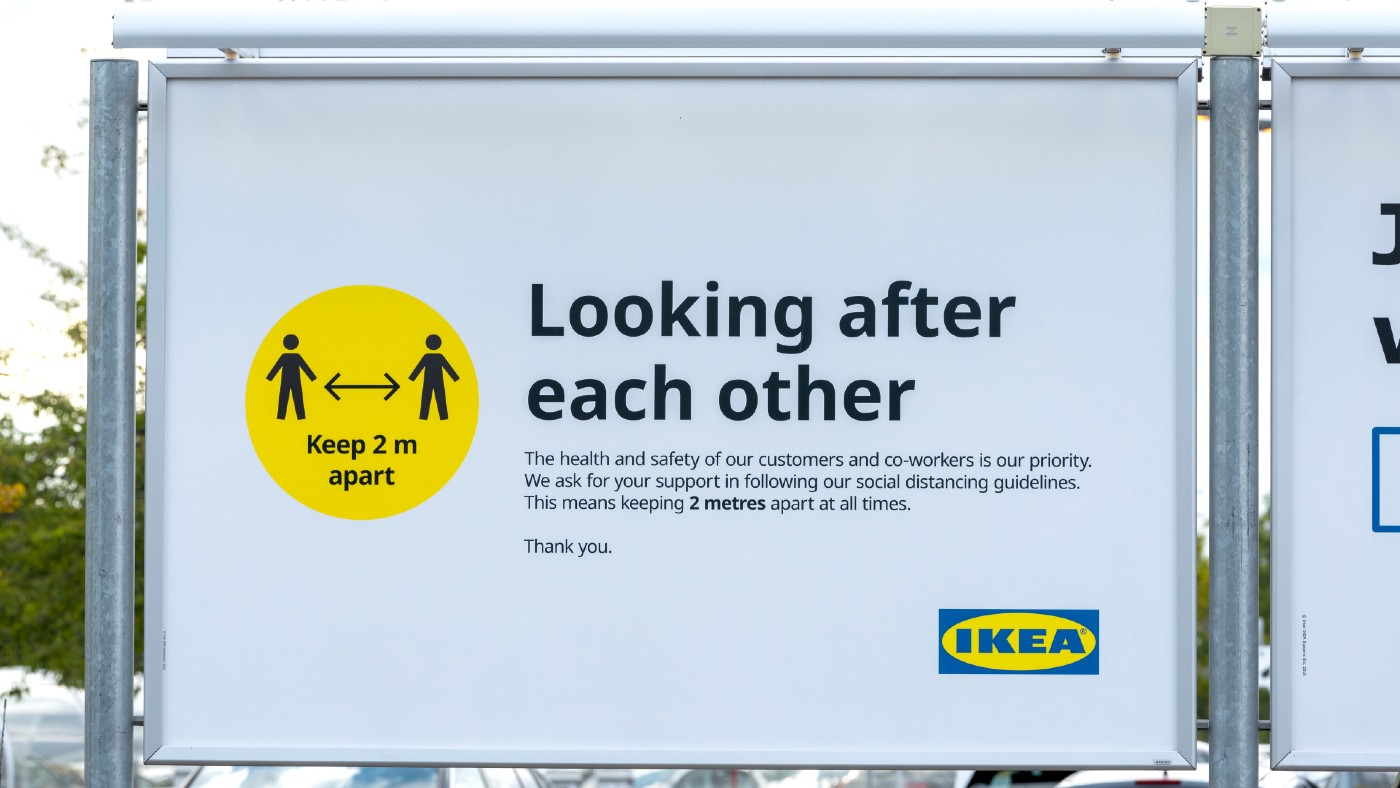 What are the rules on cutting sick pay for unvaccinated staff?
What are the rules on cutting sick pay for unvaccinated staff?feature Ikea joins growing list of firms axing sick pay entitlement for employees who haven’t had Covid jabs
-
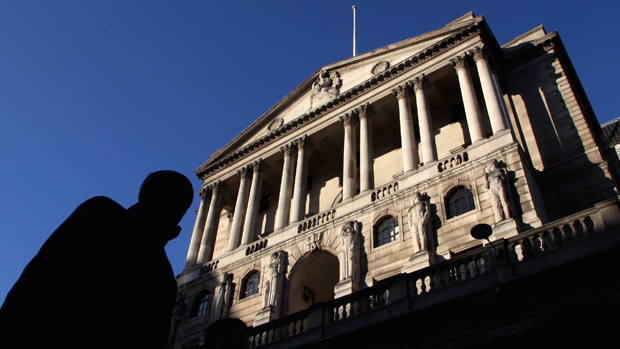 The Bank of England official warning women against home working
The Bank of England official warning women against home workingIn the Spotlight Not returning to the office will result in ‘two track’ career development, senior policymaker claims
-
 Valneva vaccine: why UK ditched jab with ‘stronger immune response’ than AstraZeneca
Valneva vaccine: why UK ditched jab with ‘stronger immune response’ than AstraZenecaIn Depth Downing Street accused French manufacturer of breaching contract
-
 End of the furlough scheme: what happens next for the UK’s job market?
End of the furlough scheme: what happens next for the UK’s job market?Business Briefing 1.6m workers were still being supported by the scheme in July
-
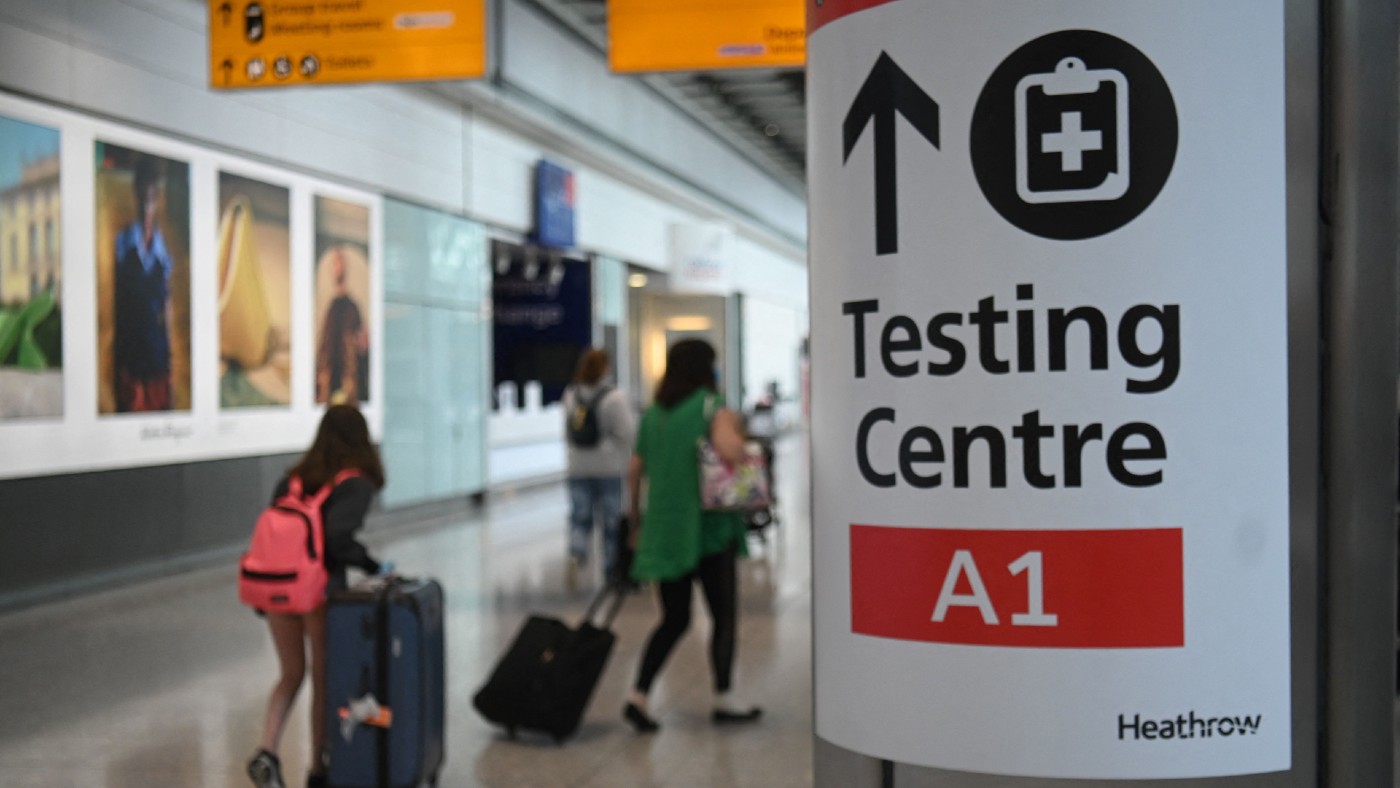 UK travel industry ‘choked’ by Covid restrictions
UK travel industry ‘choked’ by Covid restrictionsfeature Seven in ten firms planning redundancies as holiday bookings collapse
-
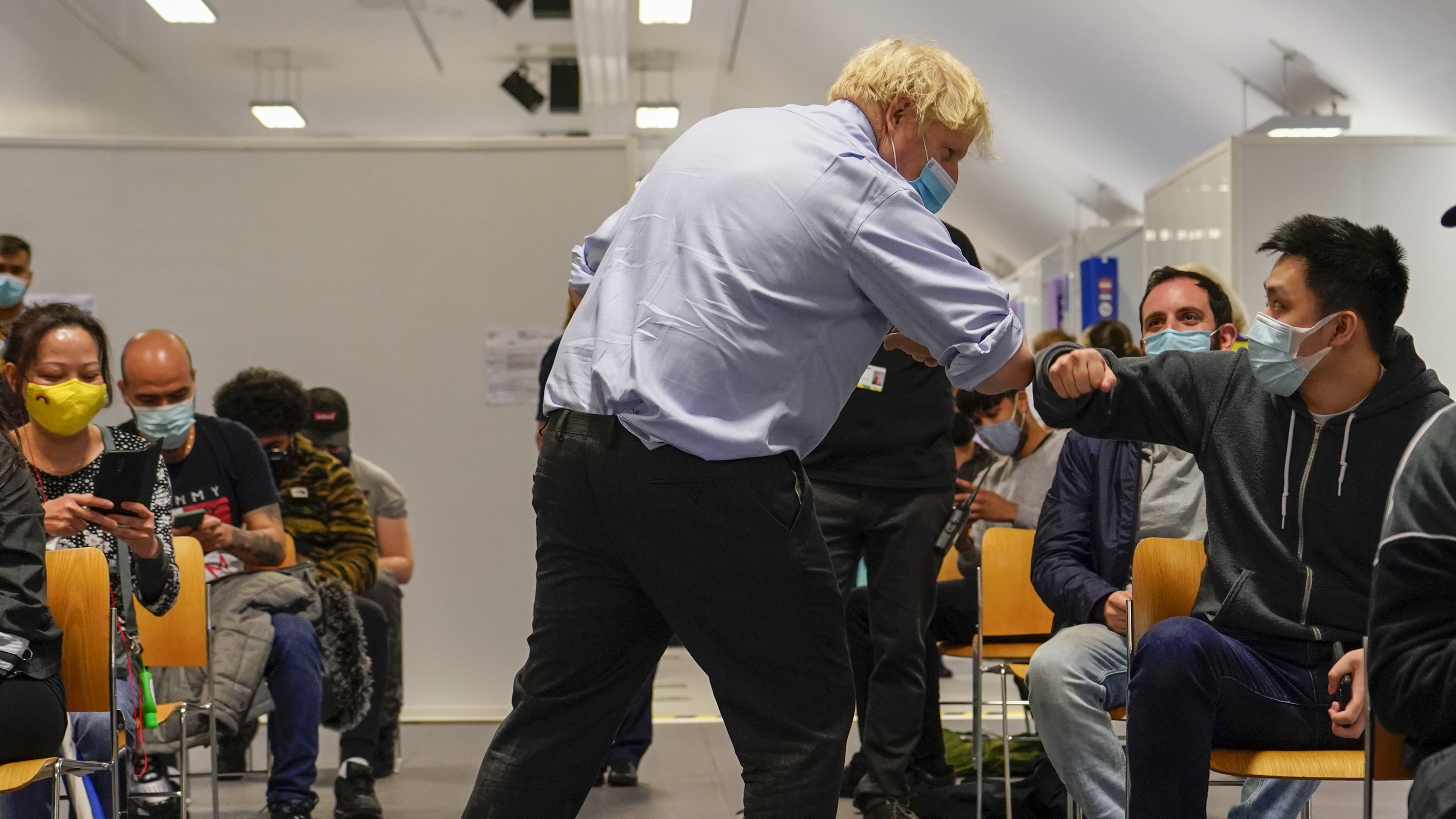 Leaked government report reveals what post-Freedom Day restrictions could cost UK
Leaked government report reveals what post-Freedom Day restrictions could cost UKUnder the Radar England set to drop face masks and social distancing from 19 July
-
 Freedom Day delay: ‘catastrophic’ for businesses on life support
Freedom Day delay: ‘catastrophic’ for businesses on life supportfeature Billions to be wiped from economy and Sunak rejects calls to extend furlough scheme
-
 ‘The man who saved the world’: is AstraZeneca’s boss worth his millions?
‘The man who saved the world’: is AstraZeneca’s boss worth his millions?Today's Big Question Pascal Soriot’s bonus might be deserved, but that doesn’t mean it’s necessarily wise